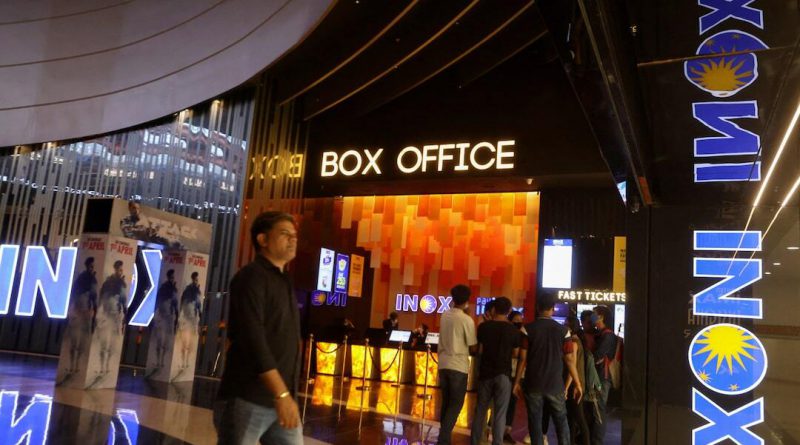Hollywood and Bollywood Push for Strong Copyright Rules to Boost Creativity and AI Accountability in India
New Delhi — Hollywood and Bollywood industry groups are actively engaging with an Indian government panel to ensure that creators’ intellectual property is protected as artificial intelligence technology grows in the country.
The efforts aim to create a balanced framework that promotes innovation while safeguarding the rights of filmmakers, studios, and content creators.
The Indian government formed a panel this year, comprising lawyers, officials, and industry experts, to review whether the current copyright law is sufficient for the AI era.
With AI models increasingly capable of analyzing vast amounts of digital content, studios are seeking clear guidelines that ensure AI companies license copyrighted material for training purposes, supporting a sustainable ecosystem for creative industries.
Motion Picture Association (MPA), representing major studios like Warner Bros, Paramount, and Netflix, along with the Producers Guild of India, highlighted that proper licensing mechanisms are essential to reward creators fairly and encourage continued investment in high-quality content.
Uday Singh, Managing Director of MPA India, emphasized in a letter to the panel that licensing protects incentives for innovation and maintains the vitality of India’s film and media sectors. Similarly, Nitin Tej Ahuja, CEO of the Producers Guild, stressed that licensing ensures revenue streams for creators, helping the industry thrive.
India’s film and digital content market is one of the most vibrant in the world. A recent Deloitte-MPA study reported that India’s film, TV, and online content sector generated $13.1 billion in revenue last year, growing at an impressive 18% annually since 2019.
With such rapid growth, protecting intellectual property is seen as vital for encouraging further investments and maintaining India’s position as a global hub for creative talent.
The discussions also aim to create clarity for AI developers. By establishing a framework where AI companies license content responsibly, the Indian panel could foster innovation while ensuring that creators are properly credited and compensated.
This approach benefits both industries, enabling AI firms to access high-quality content legally and ethically, while content creators retain control over their work.
The deliberations gain significance in the context of evolving digital trends. Instances of manipulated videos online have highlighted the need for safeguards to prevent misuse of copyrighted material, while still allowing AI technologies to grow and contribute to education, entertainment, and business.
The panel’s recommendations, expected to be presented to senior officials soon, aim to strike a balance between innovation and intellectual property protection, creating a framework that benefits creators, consumers, and technology companies alike.
Industry experts view this initiative as a forward-looking effort that positions India as a leader in AI regulation and content protection.
By encouraging licensing models and responsible AI use, the government can support creative growth, attract international investment, and provide a clear roadmap for collaboration between AI developers and content creators.
As the Indian panel finalizes its recommendations, Hollywood and Bollywood groups remain optimistic that a fair, transparent framework will emerge, ensuring that the country’s creative industries continue to flourish while embracing the opportunities presented by AI.
The move reflects a shared commitment to innovation, quality content, and a sustainable digital ecosystem for the future.



